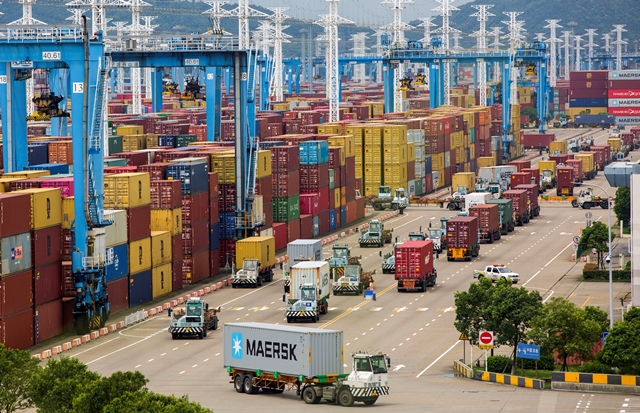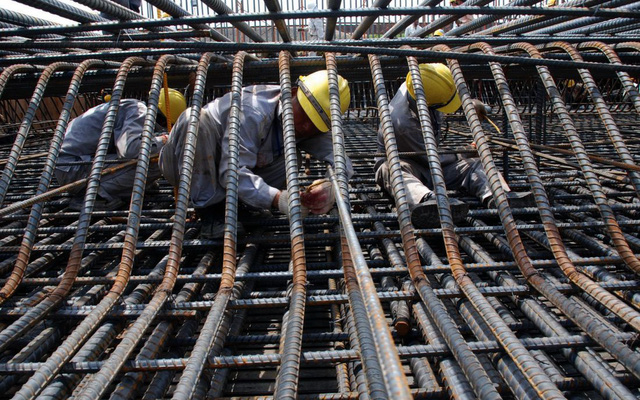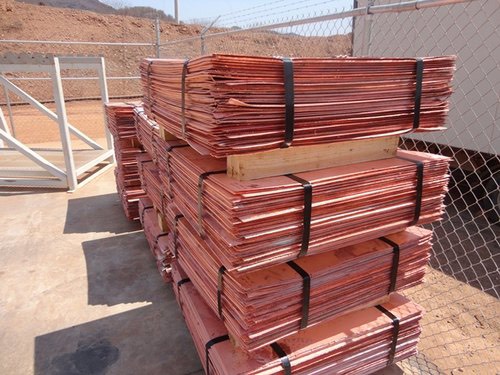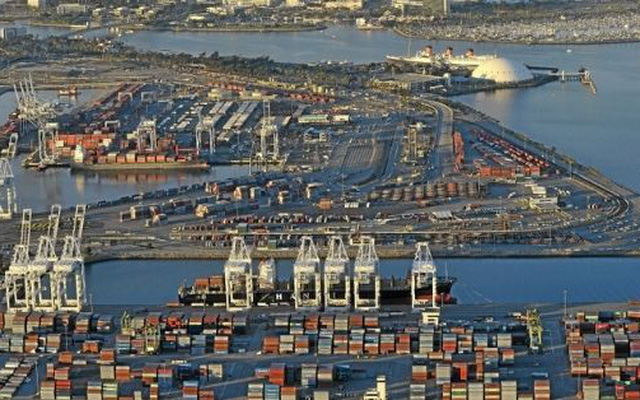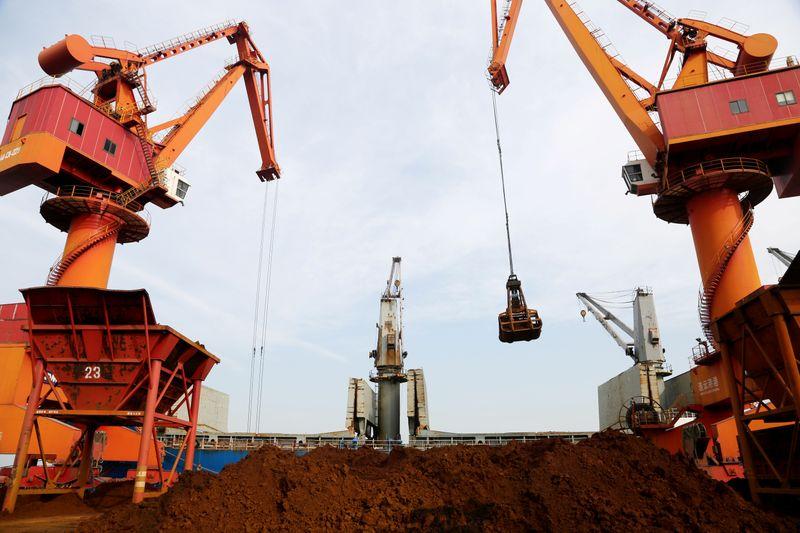“China’s ‘zero-tolerance’ policy is an effective way to deal with the epidemic, but it also has many negative effects on the supply chain,” according to Dawn Tiura, Sourcing’s managing director. Industry Group, an American-based manufacturing association.
Some seaports in China are facing congestion, when cargo ships scheduled to dock at Ningbo port are forced to divert and the loading and unloading process is happening relatively slowly, partly stemming from strict disinfection measures under Beijing’s “zero tolerance” policy for the Covid-19 epidemic.
On August 17, more than 50 container ships were asked to stop waiting off the port of Ningbo, the second largest seaport in China, according to data from Refinitiv. This number recorded on August 10 was only 28 ships, when a case of Covid-19 was detected in a subdivision of this seaport.
Major international shipping groups have warned customers of possible delays in freight, and changes to schedules could be made. At least 14 vessels operated by CMA CGM, 5 by Maersk and 4 by Hapag-Lloyd were forced to bypass Ningbo port, while many other ships had to reschedule, these corporations To share.
Container trucks at a station in Ningbo port – Zhoushan, Zhejiang province, China on August 15. Photo: Reuters.
China’s economy is losing its growth momentum due to the application of a series of restrictive measures to prevent and control Covid-19, in addition to the fact that global supply chains are facing many difficulties. caused by the contradiction between the increasing wave of people’s shopping and the shortage of empty containers and congestion at seaports. The fact that goods have been congested in China’s major transport hubs in recent times is contributing to the exacerbation of the situation.
China’s Ministry of Transport has ordered all seaports to set up a special task force to receive foreign cargo ships, requiring crew members to have health certificates or test negative. with Covid-19, before allowing them to carry out loading and unloading of goods.
Many seaports also set their own regulations, with some adding a series of measures to prevent the spread of the virus to cargo ships that have passed through high-risk areas, such as India and Russia, in the span of a few days. the previous 21 days.
“China’s ‘zero-tolerance’ policy is an effective way to deal with the epidemic, but it also has many negative effects on the supply chain,” according to Dawn Tiura, Sourcing’s managing director. Industry Group, an American-based manufacturing association.
“This is a relatively difficult time as the immediate shopping season prepares for the new school year, when people start to return to the office, and beyond is the year-end shopping season.”
Ningbo – Zhushan port operator announced late on August 16 that its cargo handling capacity had recovered to 90% of actual capacity, compared with July. In addition, they are also making great efforts to limit the impact caused by a subdivision, which accounts for 20% of the operating capacity of the entire Ningbo port, was forced to shut down after one case of illness. discovered here last week.
Cargo ships with a schedule of loading and unloading goods at this port subdivision have been instructed to divert to nearby seaports. Shanghai Port currently has 34 ships waiting at the mooring area, an increase of 7 ships compared to August 10, while the number of ships waiting at Xiamen port, 700 kilometers south of Ningbo port, is also increased to 18 ships on August 17. Previously, the number of trains waiting here was only 4.
“Cargo is piling up at seaports recently due to a shortage of labor force, while the volume of goods transported is also increasing,” according to a shipping operator. in the port city of Lienyun, eastern China.
“China plays an important role in the global supply chain. The flow of goods and the supply of goods will be affected if the country closes or partially closes one or several seaports,” said Richard Lebovitz, managing director of LeanDNA, a consulting firm. supply chain in the US.
The Freightos Baltic Global Container Index, an index that tracks the average freight costs of 12 of the world’s major container shipping routes, rose to a record high of $9,770 per 40-foot container, this week.
T&G International Joint Stock Company
Address: 352 Hue Street, Le Dai Hanh Ward, Hai Ba Trung District, Hanoi
Hotline: 0345786803
Email: hrm@tginterjsc.com
Website: http://tginternationaljsc.com



